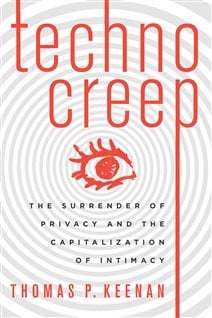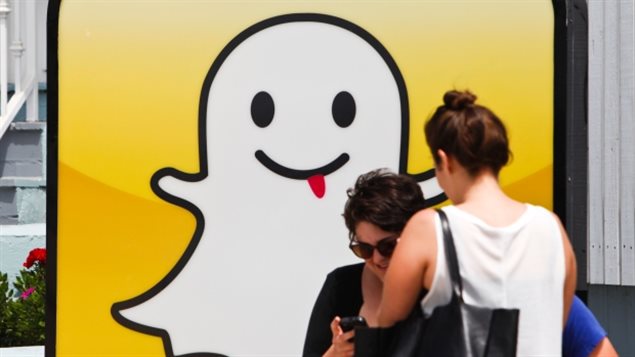Up to 200,000 photos and videos from Snapchat users are allegedly circulating online even though they were supposed to disappear seconds after they were viewed.
“As best we understand it, Snapchat is not at fault itself,” says Tom Keenan, author of Technocreep and professor at the University of Calgary. “They say their servers were not hacked and they’re fine.”
ListenTeens share nude photos
Snapchat is a web application that is hugely popular with the 13 to 17 year-old set, some of whom like to share racy pictures of themselves on the understanding the photos will not be saved.
However nothing stops the recipient from taking a photo of the screen or of using another app to capture and save the photos.
“There are third-party applications that use Snapchat, but they also save the photo for you because some people want to save the photos and have them for their own viewing later,” says Keenan. And it seems such a site called Snapsave.com may have been the app from which the photos and videos leaked.

‘Never trust guarantees’
“It means that you really should never trust guarantees like ‘you’ll be anonymous’ or ‘this photo will vanish’ or ‘we’re not keeping it.’ If it’s travelling on the internet, somebody can get it,” says Keenan. He notes security agents around the world collect material from the internet and, in his book Technocreep, he uses the example of a synagogue which allowed people to anonymously tweet their sins so they could be displayed on a screen during services.
“I would never do that,” says Keenan. “Somebody can figure out who tweeted those sins and tie them back to you. So don’t believe any guarantees that are made about anonymity or that things will just vanish.”
‘Don’t look for hacked photos’
Don’t go looking for the images on the internet, warns Keenan. “Most of the links on the internet that claim to take you to these photos are actually booby traps. They will infect your computer with a virus…They will steal your credit card (information).
“Even if you do get the photos, then you will be handling child pornography and that’s terrible too.” Accessing child pornography is a criminal offence in Canada.
For those who must get a racy photo of themselves to one person only, Keenan suggests they print it or put it on a USB and hand deliver it.

‘Don’t ever send it’
Once something goes out on the internet, he says, you can never get it back. “There is no way. It’s out of your control as is everything that leaves your computer. So if you don’t want it out there, don’t ever send it.”







For reasons beyond our control, and for an undetermined period of time, our comment section is now closed. However, our social networks remain open to your contributions.